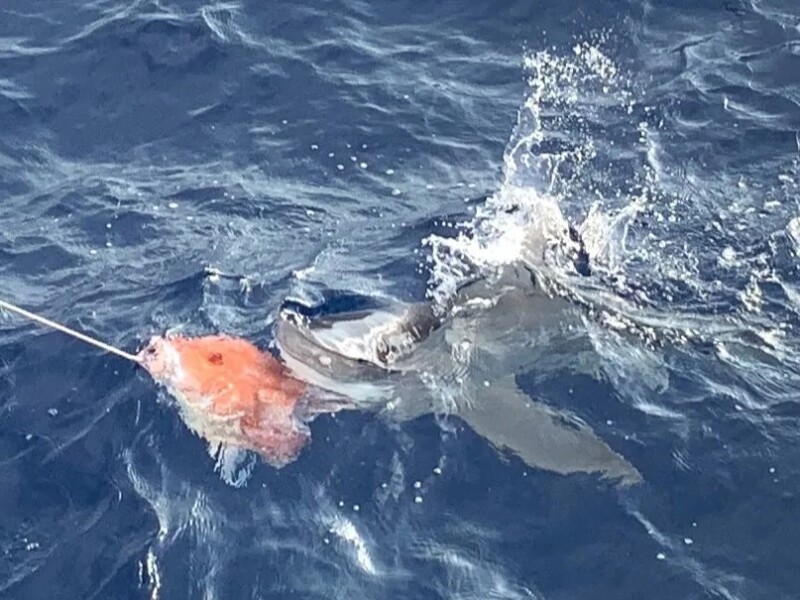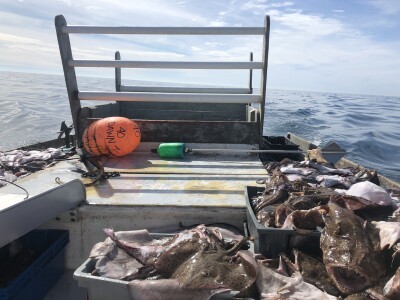Two Florida congressmen introduced a bill that would prohibit shark feeding in federal waters off their state – both extending Florida’s own state waters ban on the practice, and adopting a measure already in effect in the U.S. EEZ around Hawaii and Pacific islands.
The “Florida Safe Seas Act of 2025” was introduced June 6 by Republican Rep. Daniel Webster and Democratic Rep. Darren Soto as “bipartisan legislation that prohibits shark feeding in the exclusive economic zone off the State of Florida,” according to the legislators.
“As a Floridian and member of the House Natural Resources Committee, I am committed to the responsible stewardship of our marine ecosystems and safety of our waters,” Webster said in announcing the bill. “This legislation mirrors current Florida law which helps ensure the safety of Floridians and provide commonsense conservation of marine wildlife.”
They contend that shark feeding has conditioned sharks to associate human activity and boats with food. Webster said the bill is supported by the Florida Fish and Wildlife Conservation Commission, Jupiter Dive Center, American Sportfishing Association, and the Bonefish and Tarpon Trust.
“The American Sportfishing Association applauds Congressmen Webster and Soto for introducing the Florida Safe Seas Act,” said Martha Guyas, ASA’s Southeast Fisheries Policy director, in a joint statement with Webster. “With depredation by sharks on the rise, anglers are increasingly concerned about the practice of shark feeding, which conditions sharks to associate humans and boats with food.”
In 2023 the South Atlantic Fishery Management Council reported shark depredation was a top concern among Southeast U.S. anglers.
Webster’s and Soto’s proposed change to federal law “would prohibit the hand feeding of sharks in federal waters off the coast of Florida therefore mirroring the current prohibition in Florida state waters,” according to Jessica McCawley, the director of Florida’s Division of Marine Fisheries Management.
Florida prohibits feeding of alligators and all wildlife on state property and “this legislation is a common-sense approach to keeping Florida’s federal waters safe,” said McCawley.
Florida Fish and Wildlife Conservation Commission regulations state that “feeding fish, sharks or other marine species while diving or snorkeling is prohibited,” and for-hire boat operators may not “carry passengers to any area within state waters to engage in fish feeding while divers are in the water.”
The regulations grew out of concerns for the “safety of divers, surfers, and swimmers; feeding of marine species in multiple-use areas; and effects of concentrating and training sharks to associate humans with food,” according to the FWC.







